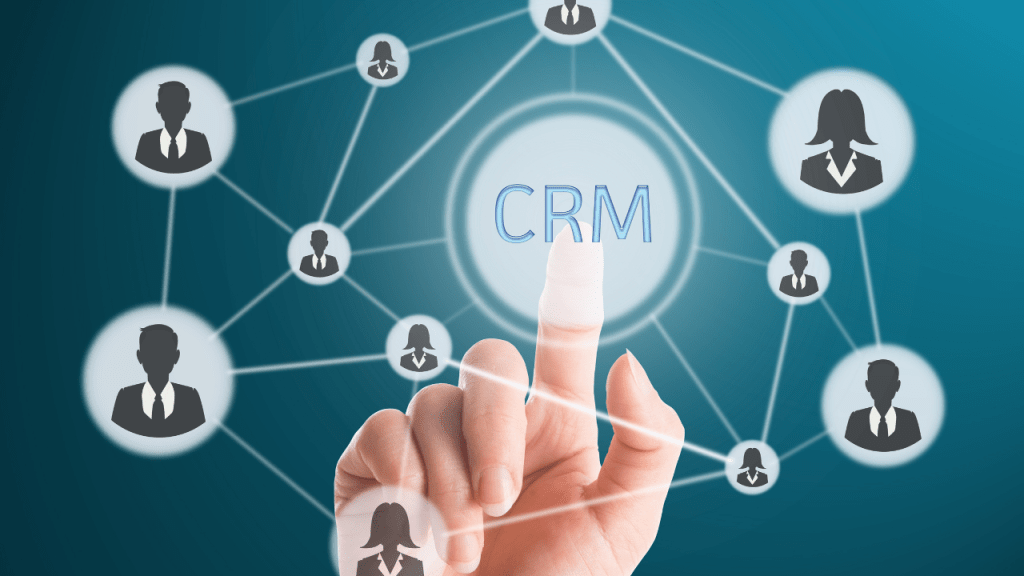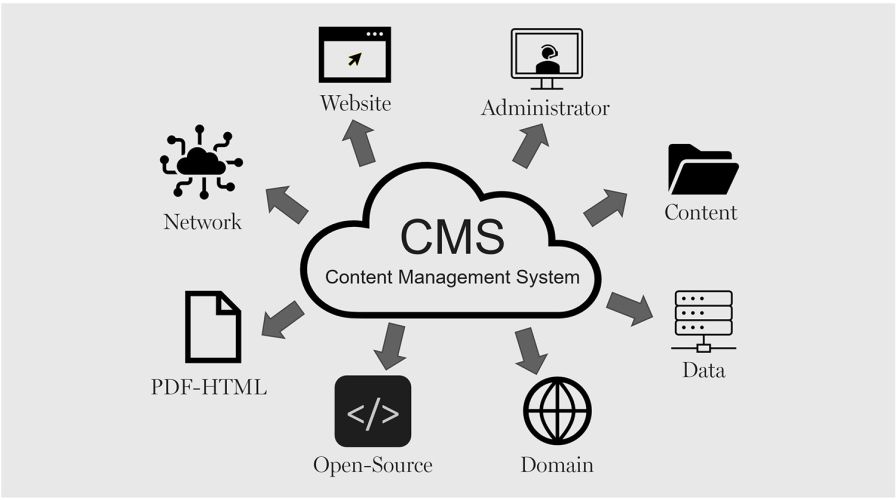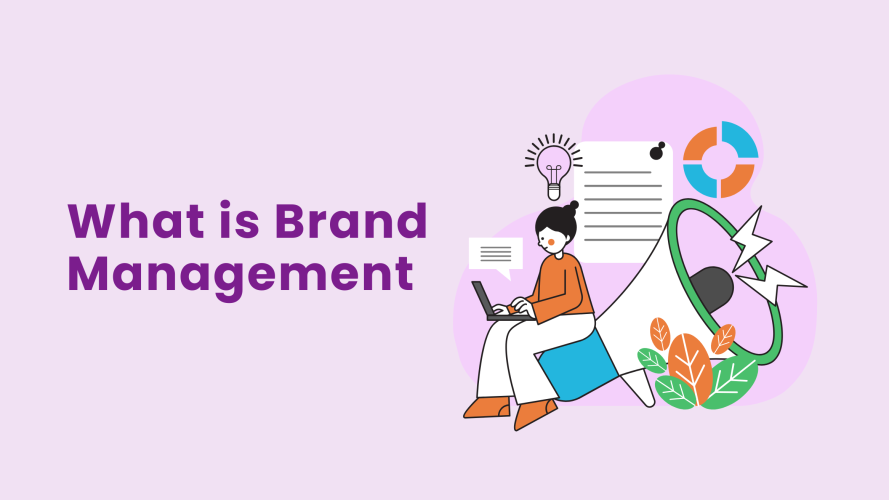What is a CRM?

Customer relationship management is a strategic approach to managing and analyzing a company’s interactions and data with its current and potential customers. It’s a powerful tool that helps businesses improve customer satisfaction, increase sales, and foster long-lasting relationships.
Core Components of a CRM
A comprehensive system typically includes the following key components:http://CRM
- Sales Management:
- Lead Management: Track and prioritize potential customers from initial contact to conversion.
- Opportunity Management: Manage sales pipelines, forecast revenue, and analyze sales performance.
- Quote and Proposal Management: Create and track sales proposals and quotes.
- Marketing Automation:
- Campaign Management: Plan, execute, and measure the effectiveness of marketing campaigns.
- Email Marketing: Send targeted email campaigns to nurture leads and drive conversions.
- Social Media Marketing: Monitor social media channels, engage with customers, and track brand sentiment.
- Customer Service:
- Case Management: Track and resolve customer issues and inquiries.
- Knowledge Base: Provide self-service options for customers to find answers to common questions.
- Live Chat and Chatbots: Offer real-time support and instant assistance.
- Customer Data Platform (CDP):
- Data Integration: Collect and unify customer data from various sources.
- Data Segmentation: Create detailed customer segments based on demographics, behavior, and preferences.
- Data Activation: Leverage customer insights to personalize marketing campaigns and improve customer experiences.
Benefits of Implementing Customer Relationship Management
- Improved Customer Satisfaction: By understanding customer needs and preferences, businesses can deliver exceptional service and build loyalty.
- Increased Sales: A helps sales teams identify and prioritize high-value opportunities, leading to increased revenue.
- Enhanced Marketing Effectiveness: Businesses can create targeted marketing campaigns that resonate with their audience by analyzing customer data.
- Streamlined Operations: A CRM can automate repetitive tasks, saving time and reducing errors.
- Better Decision-Making: With access to real-time data and analytics, businesses can make informed decisions.
Choosing the Right
Selecting the right CRM for your business depends on various factors, including your company size, industry, budget, and specific needs. Here are some key considerations:
- Scalability: Ensure they can grow with your business.
- Customization: They should be flexible enough to adapt to your unique workflows.
- Integration Capabilities: It should seamlessly integrate with other tools you use, such as email, marketing automation, and accounting software.
- User-Friendliness: A user-friendly interface will help your team adopt the CRM quickly.
- Customer Support: Reliable customer support is crucial for a smooth implementation and ongoing use.
Popular Customer Relationship Management Solutions
- Salesforce: A leading platform with a wide range of features and customization options.
- HubSpot: A comprehensive CRM and marketing automation tool that’s ideal for small and medium-sized businesses.
- Microsoft Dynamics 365: A powerful solution that integrates seamlessly with other Microsoft products.
- Zoho CRM: A cost-effective CRM with a user-friendly interface and a wide range of features.
Conclusion
A CRM is an indispensable tool for businesses of all sizes. Investing in a robust CRM solution empowers your teams to deliver exceptional customer experiences, drive sales, and achieve long-term success.




